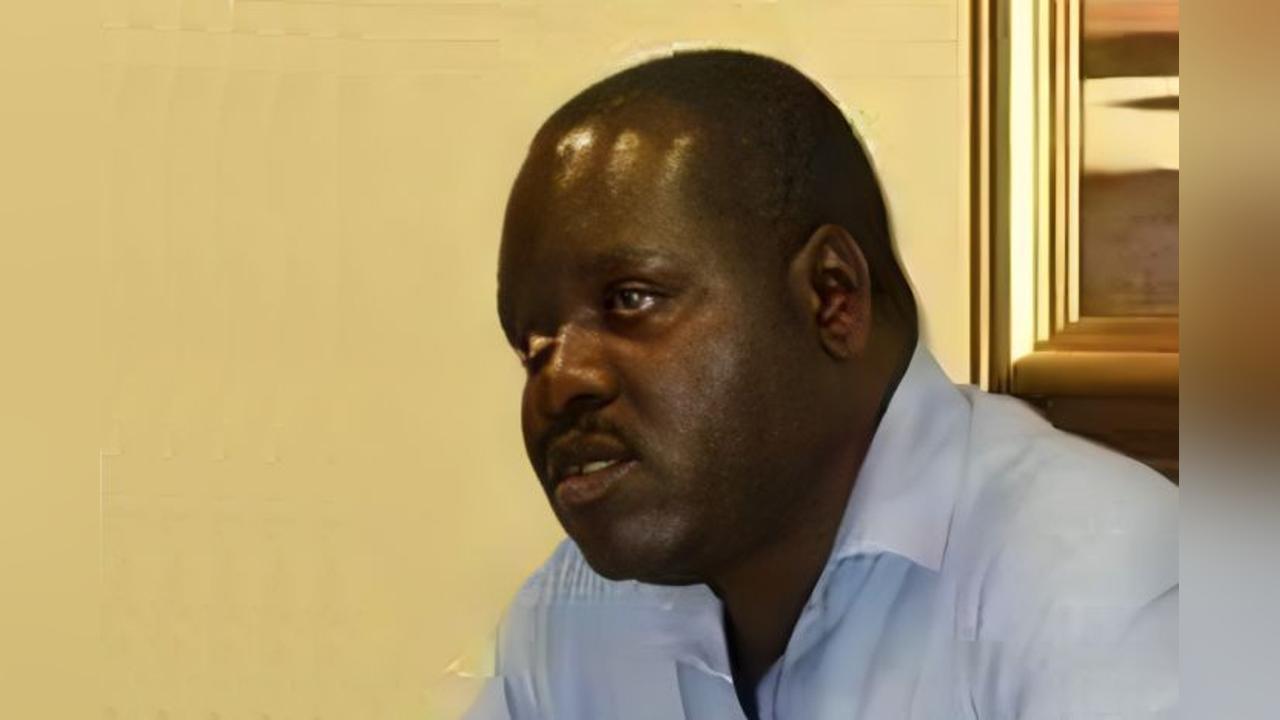By Rafael Morais
Africa-Press – Angola. In the interior of Angola, the fight for justice faces an invisible and sneaky enemy: cronyism within the legal profession. What should be a professional practice guided by ethics, independence and the defense of citizens’ rights has often been compromised by personal ties and hidden interests.
Provinces such as Huambo and Huíla, and possibly others where we have not received any reports, reveal a worrying reality. Many citizens report being forced to withdraw from legal proceedings due to a lack of trust in their own lawyers. Not because they have not been legally appointed, but because, throughout the process, they have shown suspicious passivity. The reason is very simple. Those targeted are often childhood friends, schoolmates or relatives of the lawyers themselves. In these cases, the defender becomes an obstacle, abandoning impartiality and seriously compromising the right to a defence.
This attitude is more than an ethical deviation; it is a profound blow to the justice system. Lawyers, who should be the shield and voice of their constituents, become accomplices to silence. As a result, court decisions that are favorable to citizens become dead letters when local governments refuse to comply with them , without suffering any consequences.
It is essential to remember that every court ruling is binding. When an administration deliberately ignores a court order, it is not only violating the law but also delegitimizing the rule of law itself. And the most alarming thing is that, in such cases, the Attorney General’s Office, which should act as a guarantor of legality, rarely steps in. Institutional silence worsens the feeling of impunity.
Most of these violators of sentences are agents of the Public Administration, people invested with power, but who use it to obstruct justice and protect their own interests or those of third parties. The injured citizen, left helpless in his own territory, finds himself forced to seek lawyers in Luanda or in another province, believing that only outside his local territory will he be able to obtain a dignified and impartial defense. This reveals not only the distrust in local professionals, but also a structural crisis in access to justice in the provinces.
In my opinion, I believe that this problem requires an urgent response. The Angolan Bar Association must strengthen its mechanisms for monitoring and holding its members accountable. Professional ethics cannot be optional. Friendship cannot take precedence over justice. Lawyers are servants of the law, not of their personal relationships.
On the other hand, the State, through the courts, the PGR and the Public Administration bodies, needs to reaffirm that no one is above the law. Respecting and enforcing judicial decisions is an important pillar to guarantee social peace and citizens’ trust in institutions.
We cannot continue to allow cronyism to silence justice and turn the courts into places of simulation. Justice is only justice when it is equal for everyone, with or without friends in the process.
For More News And Analysis About Angola Follow Africa-Press






